12 Best Games for Kids to Learn English
- Fun and Exciting English Learning Games for Children
- Things to Remember While Planning These Games for Kids
- FAQs
Teaching the concept of any language can be a tedious task for parents, and kids may find it boring, too. However, it becomes interesting for the kids when fun combines with learning. It has also been discovered that playtime helps improve your child’s motor and cognitive development and boosts their physical, emotional, and mental health. Therefore, if you are looking for fun ways to help your kid learn English, we have some ideas for you. This article will discuss exciting and entertaining games for kids to learn English to help them understand the language and hone their association skills.
Fun and Exciting English Learning Games for Children
The present generation of children may dislike age-old teaching methods, and therefore, we, as parents, may be required to incorporate new techniques regularly. Here are some fun and exciting English learning games for your child that may help him in getting a better grasp of the language:
1. Fruit Naming Game
This is an excellent game for learning the names of the fruits and increasing your child’s fruit vocabulary. For kids a bit older, the game can be turned into a sentence-forming match, where the kids will be required to make a sentence using the name of a fruit.
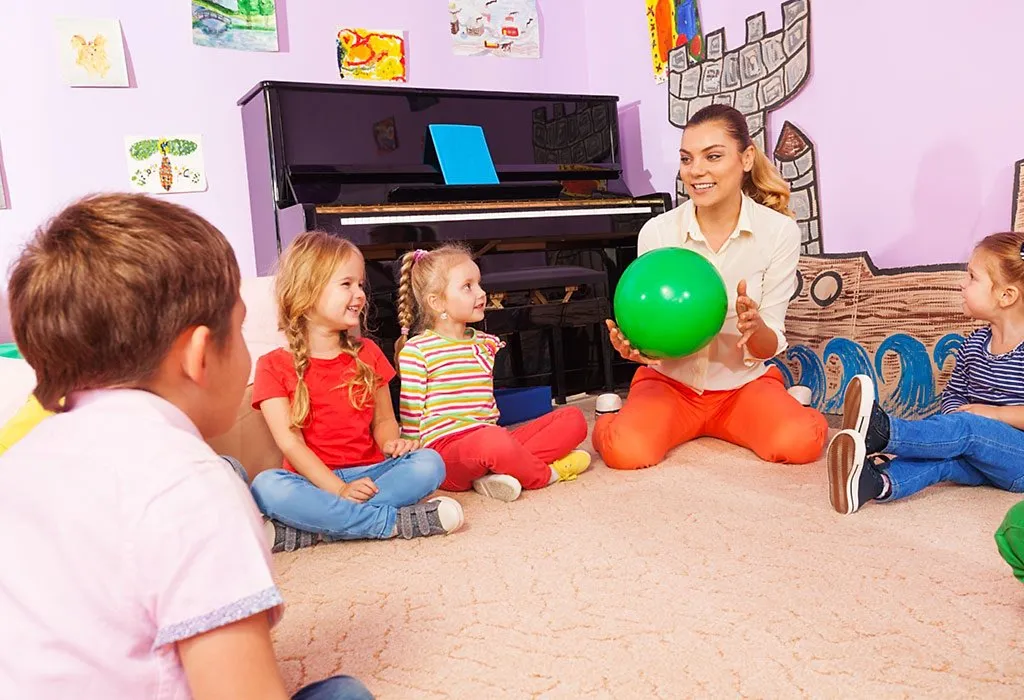
What You Will Require
- A ball
- A group of children
How to Play
- Get the kids to sit in a circle.
- Give the ball to one of the kids, ask them to name a fruit in English, and then pass on the ball to another kid.
- That kid then has to say the name of another fruit and pass the ball down.
- The kids must continue naming a fruit without repeating and passing the ball.
- If a child cannot recollect a fruit or drops the ball, they are out of the game.
2. Guessing Game
Another interactive game that improves their cognitive and spatial skills, this guessing game is a fun way to learn English.

What You Will Require
- Random objects which can be identified easily.
- A handkerchief for blindfolding.
How to Play
- Take random objects such as books, pencils, toys, flowers, etc., and place them on a tray.
- Blindfold your child and ask them to touch, feel and say the object’s name loudly but in English.
- Ask the kid to spell out the name of the object as well.
- Every correct spelling will earn one point, and the winner will be the one who gets the maximum points.
3. Match the Cards
Recognising patterns and differentiating them from one another is an important skill to teach your child at an early age. This matching card game, played in English, also helps develop their language skills simultaneously.
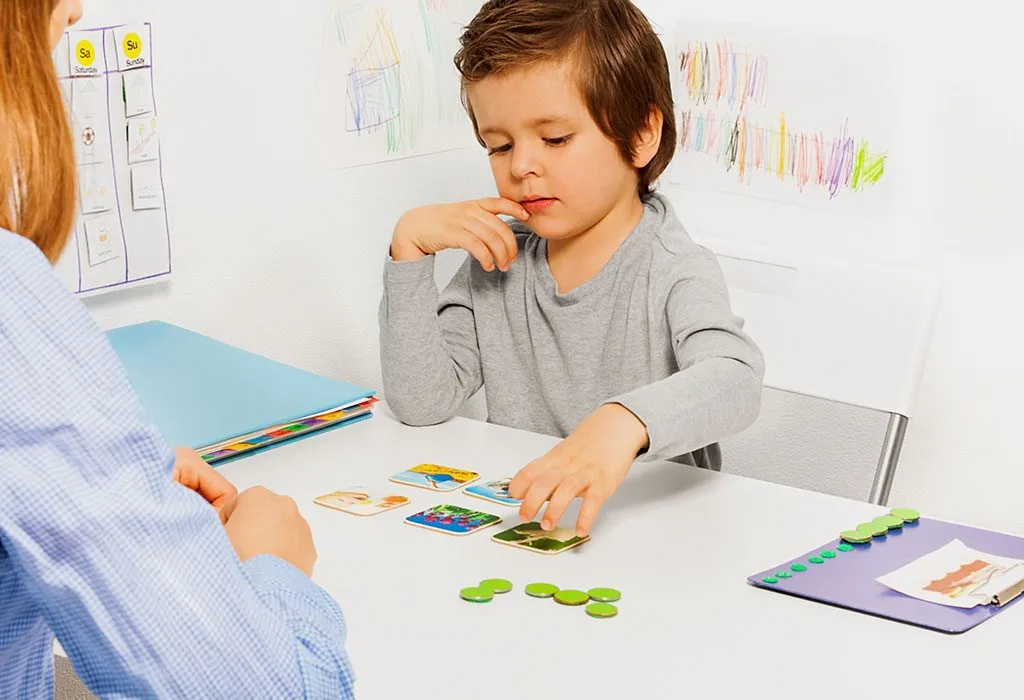
What You Will Require
- White chart paper
- Old children’s books.
- Scissors
How To Play
- Cut out squares from the chart paper and make a few cards.
- Now, cut pictures and paste them on the chart paper cards.
- Look for words describing your chosen pictures and paste them on the chart paper cards.
- Shuffle the cards and ask your kid to place the word card and the matching picture card opposite each other.
- Let them finish placing all the pictures and words. In case the child falters, help him arrange the correct sequence.
4. Word Hunt
This is a fun find-and-sort game for kids and a fun way to teach your child the English language while making it interactive.

What You Will Require
How to Play
- Divide the cardboard into two parts.
- On the left side, ask your child to write all the alphabet letters vertically.
- Now, ask your child to look for words that start with the letter ‘A’ from an old children’s magazine.
- Tell him to start cutting and pasting words corresponding to the letter ‘A’ (5-10 words).
- Keep doing this for all the letters.
5. The Word Fishing Game
This fishing game is a fun way of teaching synonyms, antonyms or the meaning of the words.
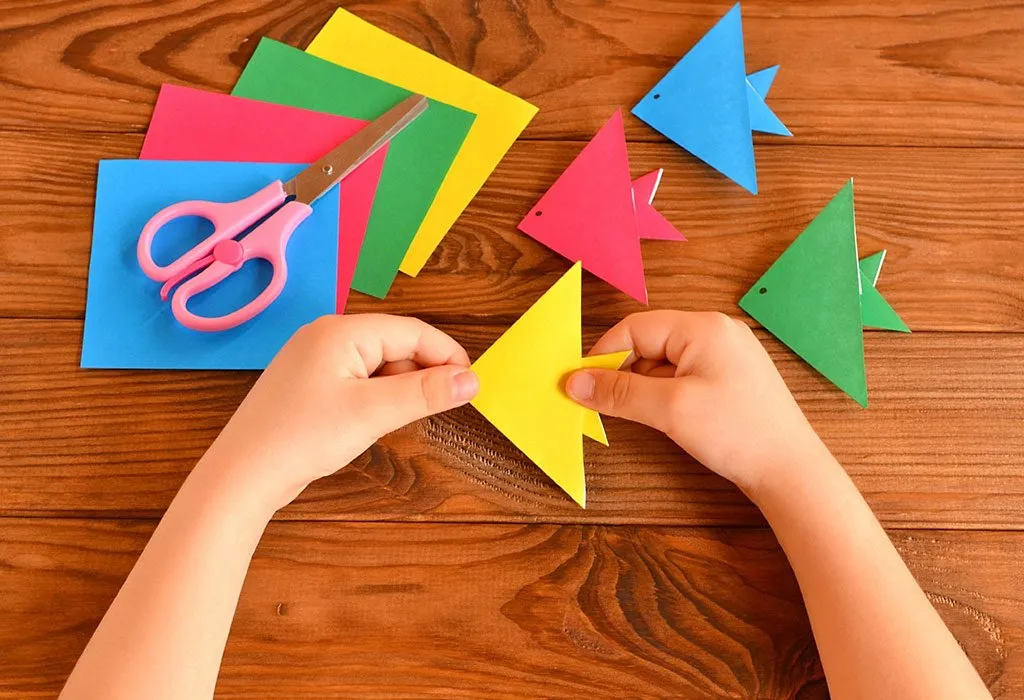
What You Will Require
- Construction paper
- Yarn or thread
- A wooden spoon
- Colour Pens
- Scissors
- Pen
- Glue
- Magnet
- Paper clips
- A list of simple words, along with their synonyms, antonyms and meanings
How to Play
- Cut out the small fish shapes from the construction paper.
- Write one antonym on each fish cutout.
- Stick a paper clip on each fish.
- You may make it a little more interesting for the kids by asking them to colour the fish.
- Spread the fish on the floor so your child can see the words.
- Stick a magnet on a wooden spoon and tie a thread on the other end (a makeshift fishing rod).
- Then, read the words in the list and ask your kid to fish out the antonyms.
- The kid must use the fishing rod magnet to pull out the fish with the correct antonym.
- Do this till your child gets all the answers correctly.
- Repeat the game for synonyms and meanings.
- You can also use a mix of antonyms, synonyms, and meanings to make it a little more complex for your child.
6. Word Balloon Game
This is an excellent game to teach children the concept of spelling.

What You Will Require
- Inflated balloons (10-15)
- Marker pen
- Some interesting words
How to Play
- Take a balloon and write one word on each balloon with a marker.
- Make the children sit in a circle.
- Start the game by giving a child a balloon and asking them to spell the word out loud.
- Keep passing on the balloon until every child has spelled the word out loud.
- Once everyone has a chance, keep the balloon in the centre and repeat the same sequence with other balloons.
7. Make the Words
This game is an excellent way of teaching new words and spellings to children.
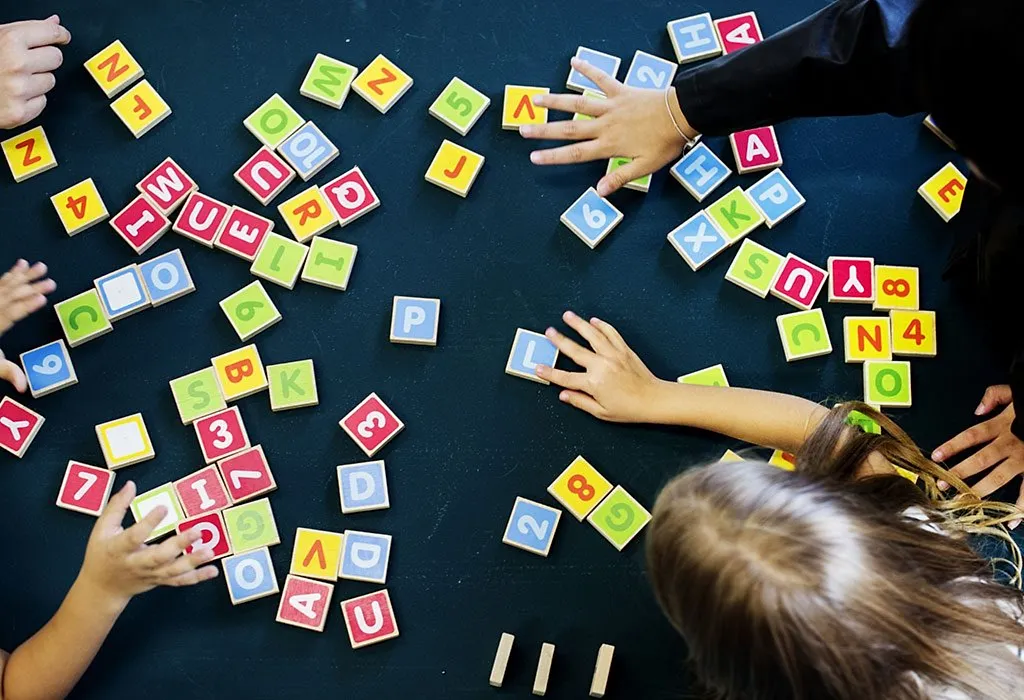
What You Will Require
- Small cardboard cutouts
- A marker pen.
- A group of children.
How to Play
- Take each cardboard cutout and write one letter of the alphabet on each one. If more than five children are playing, you may have three to four sets of letter cutouts. Also, keep more vowel cutouts.
- Spread the letters on a table.
- Play this game turn-wise. As his turn comes, ask each child to pick up three or more letters to make a word.
- The child who can make the maximum number of words will be the winner.
8. Dumb Charades With Words
This word-guessing game uses action, a twist to the usual charades game.

What You Will Require
- A group of children
- Some words that can be enacted
How to Play
- Divide the children into two groups.
- Every child is given a word and must communicate it by enacting it.
- You may help the kids enact the words by explaining what they mean.
- To make it a little tricky, you may also ask the team what the word they just guessed means.
- The team that gets the maximum correct guesses will be the winner.
9. Word Marathon
This is an exciting game for teaching vocabulary to your child.

What You Will Require
- Sheets of paper
- Pens or pencils
- Group of kids
How to Play
- Give a sheet of paper and a pencil to every child.
- Say a random letter and ask them to jot down words starting from that letter.
- The game can be made more interesting by keeping a time limit and asking the kids to write words with the same letter but in different categories, for example, name, place, animal and thing, with the same letter.
- The child who writes the maximum number of correct words will win.
10. Treasure Hunt
This is a great way to help your kid understand and interpret the language. You may increase the difficulty level of the clues according to the age of the children playing the game. It’s also a great party game.
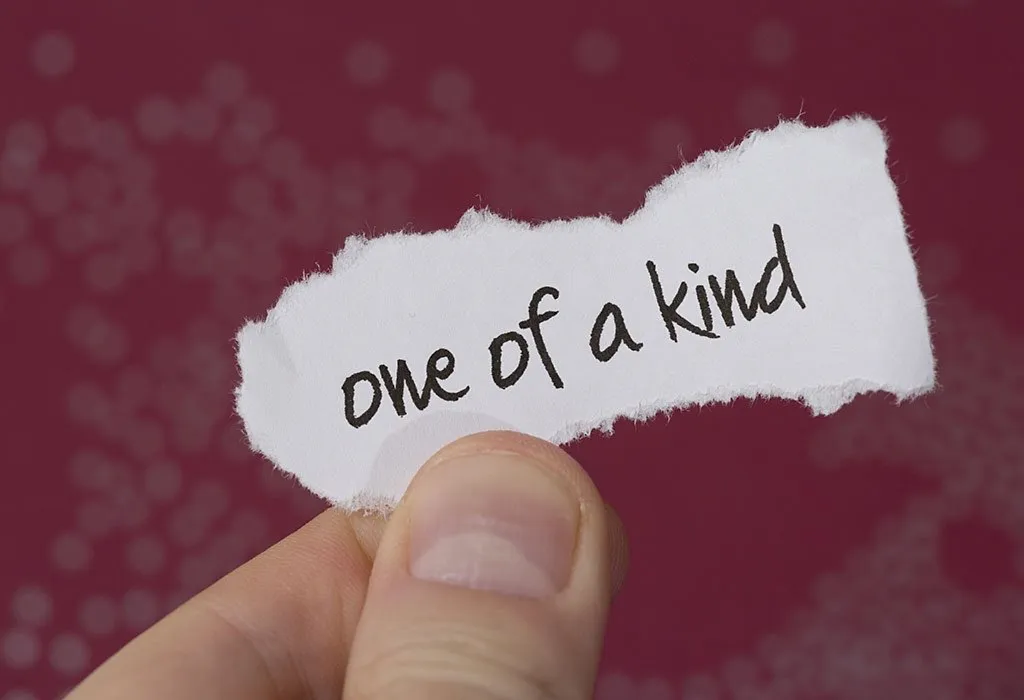
What You Will Require
- Some goodies to hide as treasure
- Slips of paper with clues written on them
How to Play
- You can hide the goodies at various nooks and corners of the house.
- You can start by explaining the first hint to the kids.
- The children then have to guess the word from the second clue and follow the trail of hints to reach the treasure of goodies.
11. Pictionary
Pictionary is a game that combines words, images, and guessing to teach kids English in a fun and interactive way. It helps improve their vocabulary while assisting them in recognising corresponding shapes and objects.
What You Will Require
- Pack of Pictionary cards. Alternatively, get chart paper, scissors, and a marker, and we will help you make a pack.
- Marker and whiteboard
- Group of children
- Timer
How to Play
- A pack of Pictionary cards usually has different categories, such as Animals, fruits, toys, etc., and corresponding words under them. If you don’t own a set of cards, you can make your own DIY ones!
- Just cut chart paper into card-shape sizes and write the category and selected words on it. Ensure you can put the paper face down or fold it to hide the words.
- Now, gather your children and divide them into two teams.
- Each team takes turns selecting a member who will pick a card. Start the timer, which can be set to 3-5 minutes.
- The child then draws out the chosen word on the whiteboard.
- The other team members must guess the word/object their teammate drew before their time runs out.
- The drawing child cannot make gestures, speak, or give out hints.
- Each right guess gains the team a point.
- At the end of the game, the team with the most points wins.
12. 21 Questions
This is another fun English game for kids that helps children improve their vocabulary while assisting them in finding links between descriptors and their corresponding objects or words.
What You Will Require
- A group of children
How to Play
- This is a simple game that requires minimal effort to set up.
- You can divide the kids into teams or pull up kids one at a time and act as a host.
- As the host, you must think of a word in each round. Alternately, if you are playing in teams, ask a child on the team to think of an object, place, animal, emotion, fruit or vegetable, flower, etc., and keep it in mind.
- Now, the player or team has to guess what you are thinking about. At this point, you can only mention the category your word falls into. For example, at the start of the round, you can say that the category is fruits if you think of an apple.
- The kid/team that is guessing is allowed to ask 21 questions to help them find the answer.
- These can ONLY be yes or no questions. For example, they can ask questions about the fruit, such as, ‘Is it big?’ ‘Is it red?’ ‘Does it have seeds?’ etc.
- They can also name fruits in their questions, such as ‘Is it a banana?’ ‘Is it an orange?’ and so on.
- The game aims to guess the word using the clues from the yes or no questions.
- If the kid or team guesses the word correctly within 21 questions, they get a point.
- The team or child with the most points at the end of the game wins!
Things to Remember While Planning These Games for Kids
- Make the games age-appropriate. You may use the school syllabus to help your child improve their language.
- Try to participate in these games. It will help you ensure your child is learning while having fun, and you will also bond well.Have fun with the children, but do not go over the top by cheating, shouting, or being mischievous.
- Be patient with the children. They might not get the game the first time you explain.
- Do not laugh, tease or ridicule the child if they incorrectly pronounce a word or get the wrong meaning. Be encouraging and helpful even when the child errs. Ensure all the elders and the older siblings are cooperative, too.
FAQs
1. Which English learning games teach reading and writing skills to kids?
Games like Word Hunt, Word, Balloon, Scrabble, Taboo, and Pictionary help improve children’s reading and writing skills.
2. Are there any English learning games that include storytelling?
Games like Story Link incorporate storytelling into the gameplay. In this game, you have a host and a group of kids in a circle. When the host claps, the first kid starts to tell a story. The host randomly claps, indicating the child should stop, and the next kid picks up where the previous child left off and continues the story. This helps them think on their feet while building their vocabulary and sentence-formation skills.
3. What types of English learning games are available for kids?
Different English games for kids focus on improving different language skills. Some might focus on improving reading, while others focus on writing, vocabulary, and understanding word associations. If you are looking for games you can buy and play as a family, games like Go Fish, Scrabble, Taboo, and Pictionary are good places to start!
We have discussed some fun and exciting games to help your kids learn English. You can make any changes or amends per your child’s age. Undoubtedly, children may find the usual teaching methods a bit boring. However, if you teach anything in a fun and exciting way, it is accepted positively by kids.
So, what can be better than learning through play? If you wish to teach English to your word-smart kid, these English games for children are a way to go. You can also work on his other ‘smarts’ with FirstCry Intellikit, a learning program based on multiple intelligence theory. You can assist in his overall development with a fun approach!
Also Read:
How to Teach English to Children
Effective Ways of Teaching Hindi for Kids
Reading Games and Activities for Children
Writing Games and Activities for Kids
Was This Article Helpful?
Parenting is a huge responsibility, for you as a caregiver, but also for us as a parenting content platform. We understand that and take our responsibility of creating credible content seriously. FirstCry Parenting articles are written and published only after extensive research using factually sound references to deliver quality content that is accurate, validated by experts, and completely reliable. To understand how we go about creating content that is credible, read our editorial policy here.






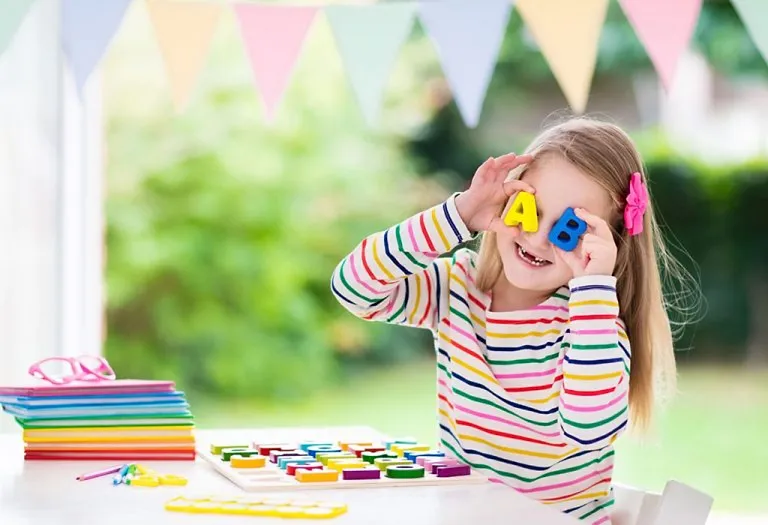
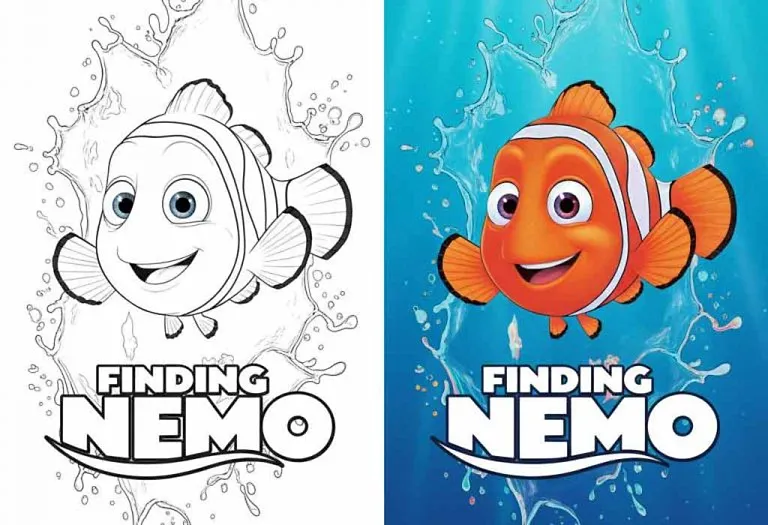
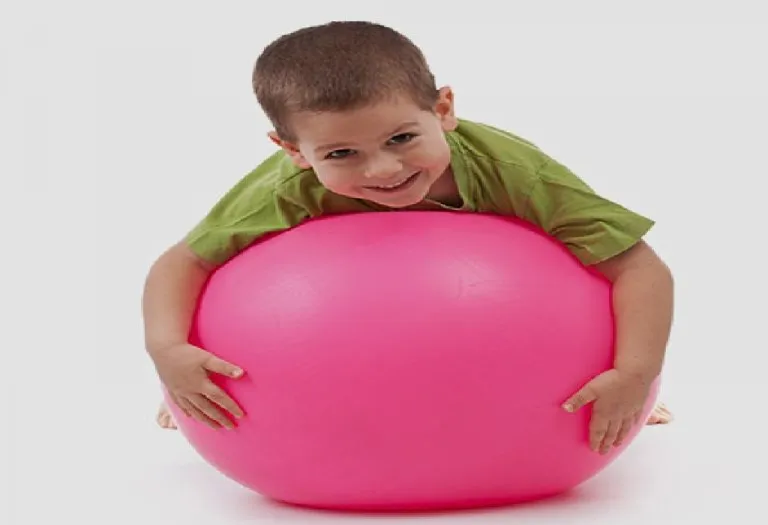





.svg)
















